Going to a Go-Go . . .
If you have a VCR or DVR, feel a sniffle coming on, or have some extra vacation days you don’t know what to do with, plan on tuning in to TCM on Thursday, May 23rd, ‘cause it’s going to be a Pre-Code-A-Go-Go!!!
From the wee morning hours until after the sun goes down, TCM is going to be airing one pre-Code era film or documentary after another. You may just overdose on infidelity, innuendo, and silky step-ins – but what a way to go!
The day’s line-up also includes my TCM pre-Code pick for the month, so here’s the low-down on that film – The Office Wife – as well as some titillating tidbits about the rest of the day’s offerings.
The Office Wife (1930)
This entertaining feature stars Dorothy Mackaill, who I saw in Safe in Hell at the TCM Film Festival, and Lewis Stone, known to many as Judge Hardy in the popular MGM series. It’s based on the novel of the same name (which I just bought in hardback on eBay for $3.99 – score!) by Faith Baldwin – more about Faith below. As a bonus, in case you weren’t sure you were watching a pre-Code, it features Joan Blondell in a bathtub, not to mention various stages of undress!
The plot:
The film centers on the relationship between Lawrence “Larry” Fellowes (Stone), the workaholic head of a Philadelphia publishing company, and Anne Murdock, his devoted personal secretary – or, his “office wife.” Complications ensue when (1) Anne falls for her boss, despite the fact that (2) he has a wife and (3) Anne has a boyfriend. (Incidentally, if you have the TCM “Now Playing” guide, pay no attention to the description of the film contained therein: “A gold-digging secretary sets out to lure her boss from his straying wife.” Just, no.)
Favorite exchange:
Larry’s wife, Mrs. Fellowes (Natalie Moorhead), happens to have a fella on the side by the name of Jamison (Brooks Benedict). There’s a scene where Larry and his wife, Jamison, and a gaggle of other friends travel to the Royal Palms Hotel in Florida for a weekend jaunt. Anne is there too, having been summoned by Larry to do some secretarial work. One evening, as Larry and Anne are working in Larry’s hotel suite, Mrs. Fellowes and Jamison discreetly leave their table of friends for some alone time outside. From the terrace where they’re standing, they can hear the sound of Anne typing, and they have this exchange:
Mrs. Fellowes: Hear that?
Jamison: That means he’s safe.
Mrs. Fellowes: Isn’t he stupid? If you were up there in his place, would we hear sounds like that?
Jamison: Less metallic, I think.
(Whoa there!)
Another one of my favorite exchanges from this film can be found here.
Favorite scene:
When the film opens, Larry’s personal secretary is Miss Andrews, a highly efficient but rather dowdy, flat-chested little thing whose adoration for her boss shines from her eyes like stars in a moonless sky. Miss Andrews is constantly in motion – if she’s not ushering visitors and reviewing Larry’s appointments for the day, she’s positioning checks for his signature or receiving his lunch tray – and if she’s not occupied with these work-related tasks, she’s telling him that he looks tired, or admonishing him not to eat too fast, or reminding him that his jacket is getting worn and is in need of a replacement (on this last, her voice actually grows tremulous with desire as she pats the cloth of his suit). She’s self-sacrificing to a fault – hiding her yawns even though the clock on the wall shows that it’s past 10 o’clock at night, and refusing Larry’s offer to have his car take her home (“I can just as well call a cab,” she feebly insists). Even after their work is done, Miss Andrews can’t bring herself to leave the office without reiterating her concerns over Larry’s health and imploring him to take a vacation (“You’re bound to have another breakdown – really, you are.”) But she gets more than she bargained for when Larry surprises her with the news that he’s going to do just as she suggests – he’s about to get married and leave for Europe shortly thereafter on his honeymoon. While he’s making this pronouncement, the camera is fixed solely on Larry’s pleased-as-punch smiling face. But his smile drops when he hears what we hear next – the sound of Miss Andrews hitting the floor in a dead faint! In the next scene we learn that Miss Andrews has resigned and Anne Murdock is being promoted as her replacement.
Other stuff:
- Watch for this goof: the entrance doors to the firm (seen in Dorothy Mackaill’s first scene) clearly read “Fellows Publishing Company,” but in the film’s credits, as well as in a telegram and a contract, the name is spelled “Fellowes.”
- This is an interesting blog devoted completely to the actress who played Lewis Stone’s wife, Natalie Moorhead – it hasn’t had any entries in 2013, but it offers four years of interesting information and pictures from an obvious devotee.

- Faith Baldwin, the author of the book on which the film is based, was a prolific writer and penned more than 100 novels. Several others were also made into films, including Week-End Marriage (1932), Wife vs. Secretary (1936), The Moon’s Our Home (1936), and An Apartment for Peggy (1948). Baldwin also wrote the novel Search for Tomorrow, which served as the basis for the long-running television soap opera.
- Miss Andrews, Larry’s first secretary, was played by Dale Phillips, whose screen career started in 1915. Her most notable films were Greed (1924), The Merry Widow (1925), and Ben-Hur (1925).
- Lewis Stone had a lifetime contract with MGM – he started out with the studio in 1925 and remained there until his death in 1953. Stone, who died at the age of 73, suffered a fatal heart attack after chasing three teenage vandals outside his Hollywood home.
- The Office Wife was directed by Lloyd Bacon, who also helmed Kept Husbands (1931), another Dorothy Mackaill starrer, which airs on TCM right after The Office Wife; Mary Stevens, M.D. (1933), with Kay Francis and Lyle Talbot; and Picture Snatcher (1933), a vehicle for James Cagney. Interestingly, and contrary to popular belief, Bacon – and not Busby Berkeley – also directed 42nd Street (1933) and Footlight Parade (1933).
Here’s the complete, super-awesome line-up of pre-Code goodness airing on Thursday:
Without Lying Down (2000)
This is a documentary about the women in early Hollywood who worked as directors, producers, and writers. A primary contributor to this feature is author Cari Beauchamp, who wrote Without Lying Down: Frances Marion and the Powerful Women of Early Hollywood, and who offered a presentation on this very topic at this year’s TCM Film Festival. Incidentally, in addition to scripting several pictures for her friend Mary Pickford as well as six Greta Garbo films, Frances Marion wrote the screenplays (and won Oscars) for The Big House (1930) and The Champ (1932). She also helped found the Writers Guild. (In other words, she was all that.)
Coquette (1929)
Mary Pickford stars in this drama as the daughter of a wealthy southern doctor who falls for a working-class boy. This was Pickford’s first talking picture, and for her efforts, she won an Academy Award for Best Actress. I’ve never seen this film and I can hardly wait – primarily because of what this review had to say.
The Last of Mrs. Cheyney (1929)
One of my favorite actresses, Norma Shearer, stars in the title role of a sophisticated jewel thief who falls for one of her marks, played by Basil Rathbone. The film was remade in 1937 with Joan Crawford and William Powell.
Voice of the City (1929)
This film centers on a master detective charged with tracking down a boy accused of murder. It stars Robert Ames, who was the object of Mary Astor’s affection in Behind Office Doors, which I covered here a couple of weeks back, as part of the Astor blogathon. (Maybe he’ll come off better in this feature.)
The Divorcee (1930)
I have seen this movie so many times that – as my mother used to joke about The Wizard of Oz when I was growing up – I could get up and act in it. And yet, I can never get enough of it. Another Norma Shearer feature, this one’s about a woman who finds herself in the title role after her husband steps out on her – and she steps right back. Click here for some of the reasons why I love this movie so.
The Life of the Party (1930)
This film stars Winnie Lightner – one of those actresses who, for me, a little bit goes a long way, if you know what I mean. My favorite Winnie Lightner performance was in She Had to Say Yes (1933), where she played Loretta Young’s common-sense friend – and this was one of my favorite quotes from the movie. In Life of the Party, Lightner teams with Irene Delroy in a gold-digging jaunt to Havana. According to what I’ve read, the film was shot in Technicolor as a musical, but all but one of the musical numbers was cut, and only a black and white version survives. Hmm.
The Office Wife (1930)
My pick-of-the month! (Scroll up if you don’t remember what I said about it.)
Kept Husbands (1931)
Here, Dorothy Mackaill stars opposite Joel McCrea as a wealthy socialite who weds a steel worker in her father’s employ. I’ve had this film in my collection for a few years now but, truth be told, I haven’t made it through the whole movie yet. Maybe, in this case, the fifth time will be the charm.
The Secret Six (1931)
This crime film stars Wallace Beery as an Al Capone-type with the ungainly name of Slaughterhouse Scorpio. The cast also includes Lewis Stone, Clark Gable, Ralph Bellamy and – most importantly – my girl Jean Harlow. Incidentally, the screenplay for the film was written by Frances Marion.
The day’s pre-Code extravaganza ends, fittingly, with this documentary featuring Mick LaSalle, San Francisco Chronicle film critic and author of Complicated Women: Sex and Power in Pre-Code Hollywood (which I purchased the day it was released – as well as LaSalle’s follow-up, Dangerous Men: Pre-Code and the Birth of the Modern Man). This documentary is a must-see. ‘Nuff said.
So that’s it, y’all – much, much more than a full day’s requirement of pre-Code delights – pick one, mix and match ‘em, or check out the whole collection! You can’t go wrong – and you only owe it yourself!
Seriously.


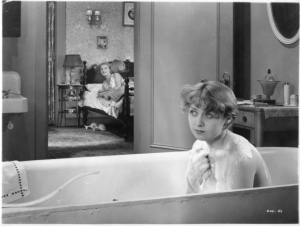







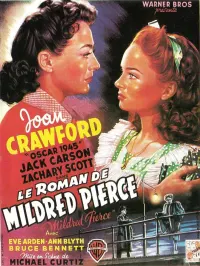




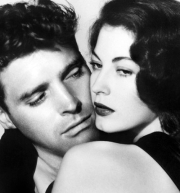
















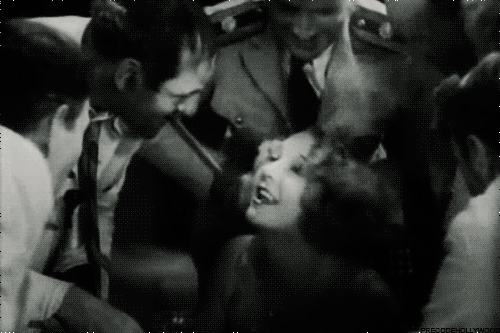


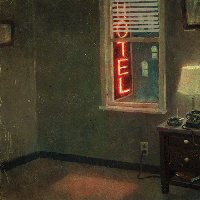
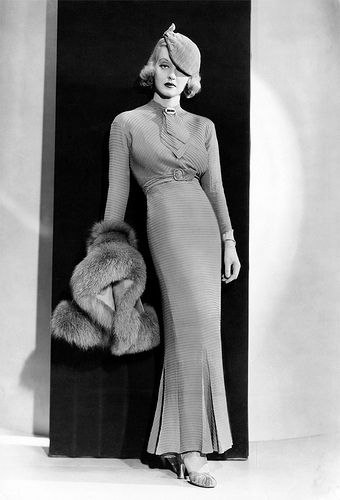



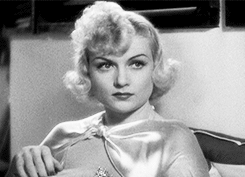
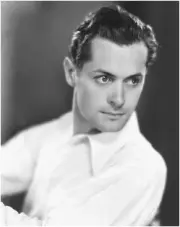
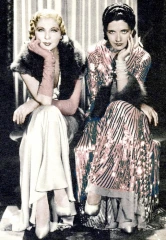

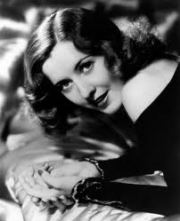



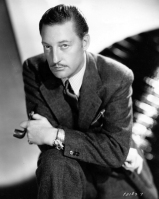




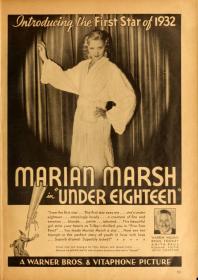
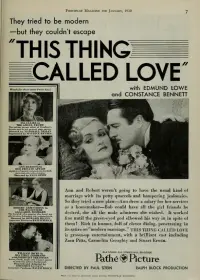

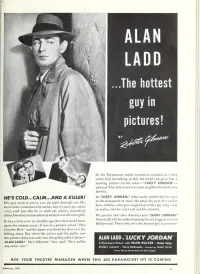
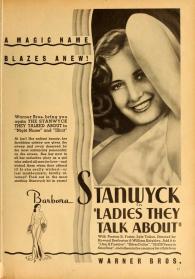

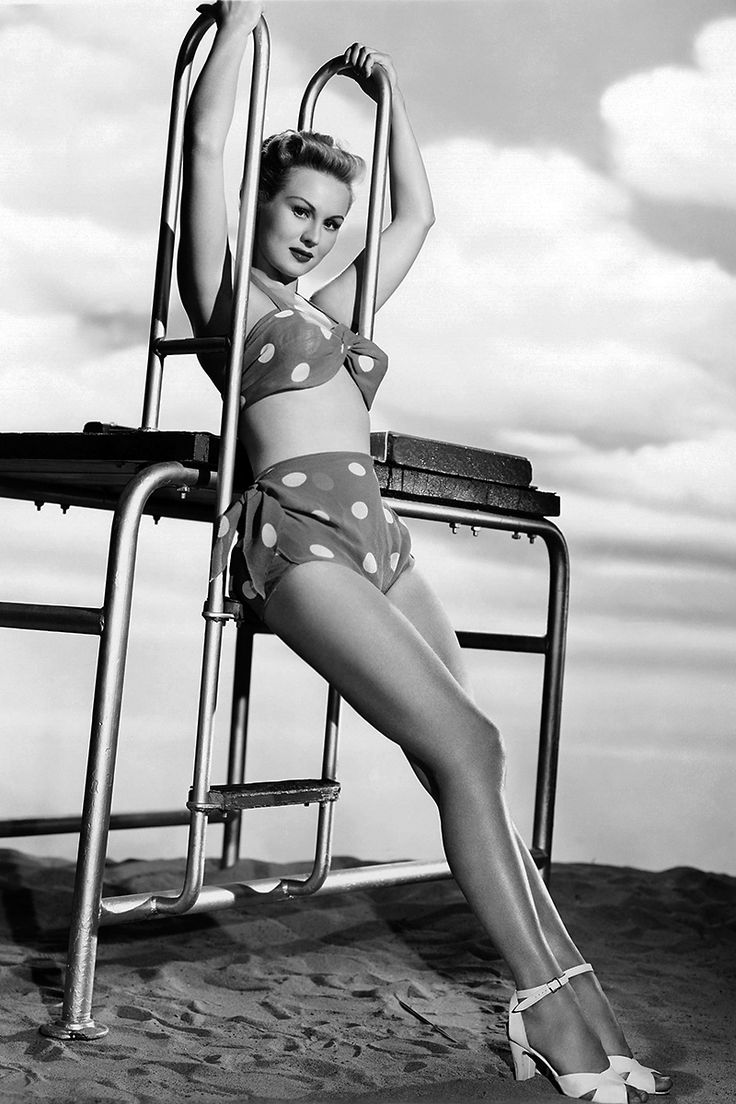







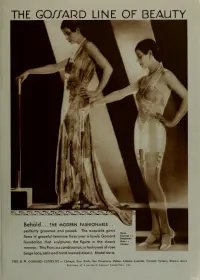

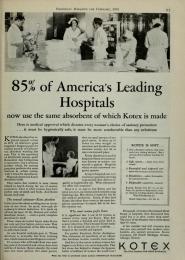

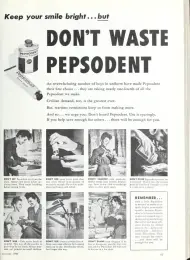


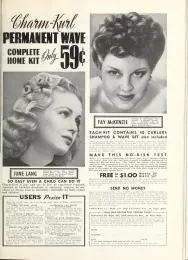





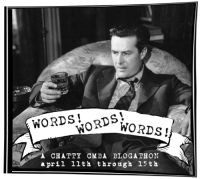

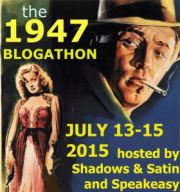
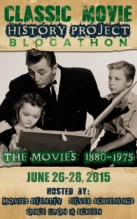
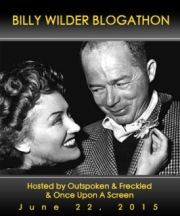


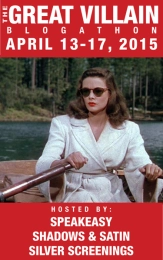


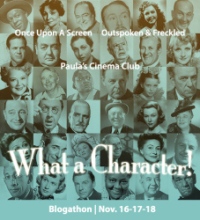



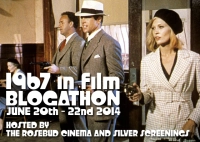


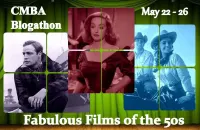
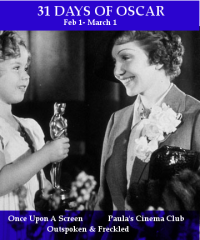
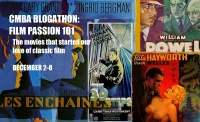







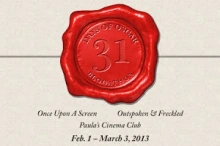

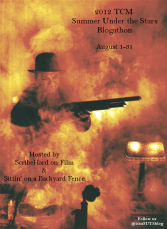


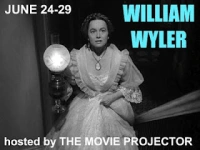





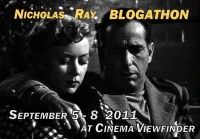

It’s good to see Complicated Women again. I need to see Dorothy Mackail in action someday, she seems to be one of the baddest ass pre code women. I did catch Secret Six this evening. Harlow,though still a new comer, showed a lot of potential, especially in the courtroom scene. And Marjorie Rambeau is a revelation as Berry’s moll.
Hi, Charles — I taped Secret Six (again) — I am determined to watch it soon. I look forward to checking out Marjorie Rambeau. Also, I finally watched Kept Husbands, and really enjoyed it!
Drat! I read your post after the fact and now it’s too late to come down with a case of the sniffles. Thanks for your synopses anyway! 🙂
Oh, no! I’m sorry I was so last minute with my post, Ruth!
[…] My friend Karen at Shadows and Satin selected The Office Wife as her pre-Code pick of the month. You can read her coverage HERE. […]
Hi there! I nominated you for the Sunshine Blogger Award and the Liebster! And yes, I am aware of the irony of awarding something called Sunshine to a noir blogger 😉
http://moviessilently.com/2013/06/05/sunshine-blogger-award/
Thanks, Gwen! That is awesome news — the perfect end to a great day!
[…] Karen over at Shadows & Satin made this her pre-Code pick of the month a while back. She explains about the film’s background: […]